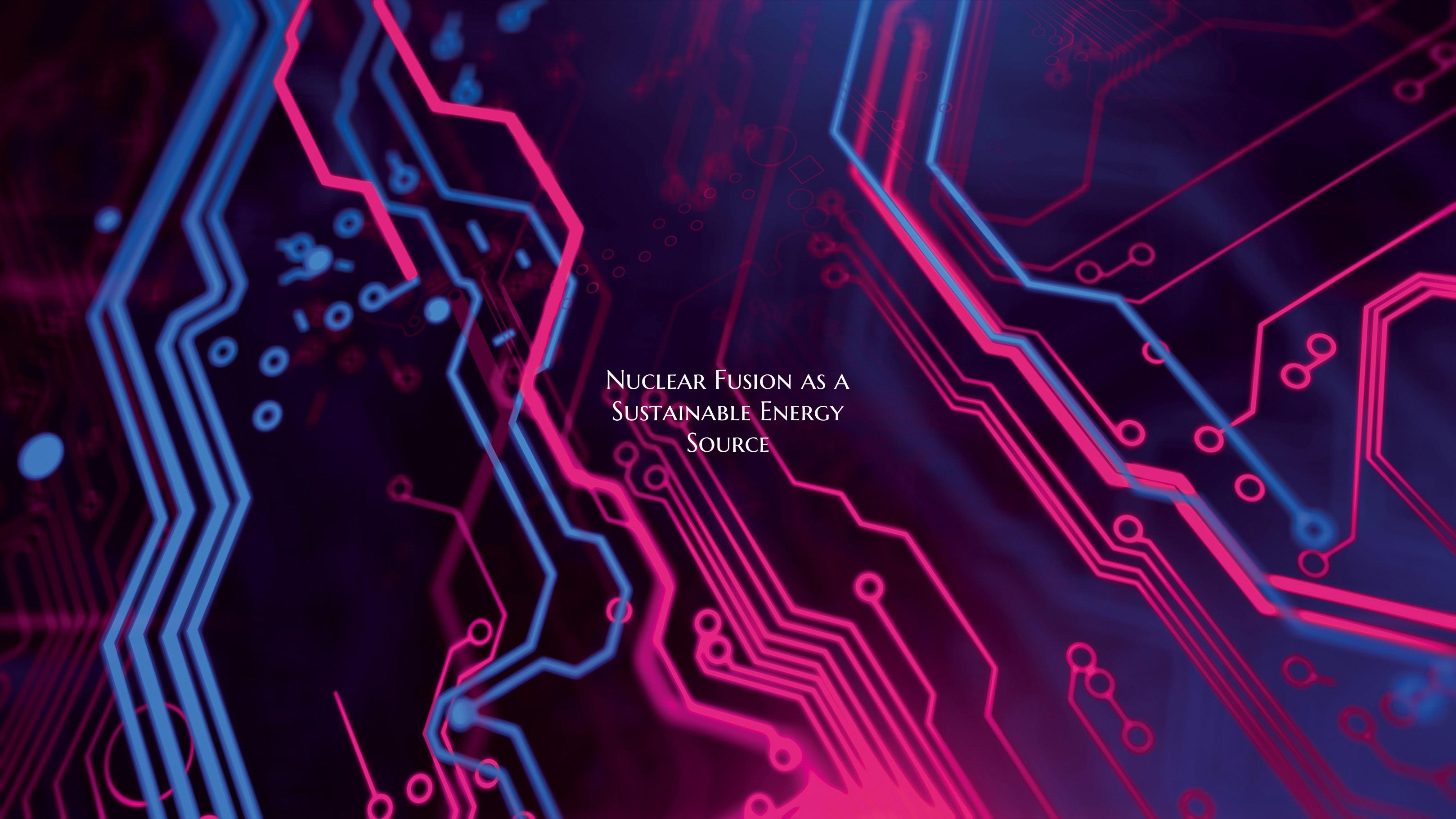Nuclear Fusion as a Sustainable Energy Source
Nuclear fusion, often hailed as the holy grail of energy production, has captivated scientists and researchers for decades due to its immense potential as a clean and sustainable energy source. Unlike nuclear fission, which powers traditional nuclear reactors by splitting heavy atoms, nuclear fusion involves combining light atoms to release vast amounts of energy with minimal environmental impact.
One of the key advantages of nuclear fusion is its fuel source. Unlike fossil fuels that produce harmful emissions and nuclear fission that generates radioactive waste, nuclear fusion relies on isotopes of hydrogen – deuterium and tritium – which are abundant and can be extracted from seawater. This means that fusion energy has the potential to be virtually limitless, with an abundant fuel supply that can sustain the world's energy needs for millions of years.
Moreover, nuclear fusion is inherently safe. Fusion reactions do not involve chain reactions like fission, so the risk of a meltdown or catastrophic accident is significantly reduced. In the event of an operational issue, the reaction would simply stop on its own, minimizing the potential for widespread disaster.
Furthermore, nuclear fusion produces no greenhouse gas emissions, making it a truly clean energy source. This aspect is crucial in the fight against climate change, as the world strives to transition away from polluting fossil fuels towards sustainable alternatives.
Despite these promising attributes, nuclear fusion technology is still in the experimental stage, with significant challenges to overcome before it can become a commercial reality. The main obstacle is achieving sustainable and controlled fusion reactions that produce more energy than they consume, a crucial threshold known as "ignition." Researchers around the world are working tirelessly to make this breakthrough, with projects such as ITER in France and private companies like TAE Technologies and General Fusion pushing the boundaries of fusion science.
In conclusion, nuclear fusion has the potential to revolutionize the energy landscape, offering a sustainable, safe, and clean alternative to fossil fuels. While significant hurdles remain, continued investment and research in fusion technology could pave the way for a more sustainable future for generations to come.

